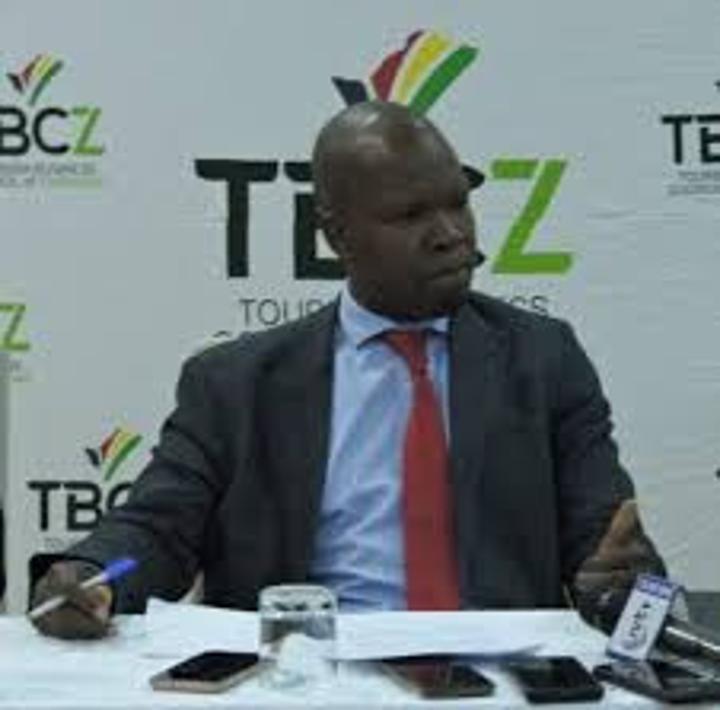Africa-Press – Zimbabwe. THE Tourism Business Council of Zimbabwe (TBCZ) is awaiting full implementation of the government’s pledge to cut levies, licence fees, and permits by 25%–30% as it targets surpassing US$1,2 billion in forex receipts this year.
The Cabinet recently approved a review of licences, permits, levies and fees in the tourism sector as part of wider reforms aimed at lowering business costs and boosting Zimbabwe as a premier tourism destination.
During a recent Press conference, TBCZ president Clive Chinwada said such a move would help the industry regain its leverage and competitiveness after numerous levies, licences and permits stumbled the sector’s growth.
According to official statistics, the tourism sector is estimated to have generated approximately US$1,18 billion in 2024, reflecting a 2% increase from the US$1,16 billion recorded in 2023.
“The tourism sector now awaits the full implementation through the necessary legislative frameworks,” Chinwada said.
“The tourism industry is appealing for the government to put lasting measures and solutions that will facilitate the industry to contribute more meaningfully to the gross domestic product beyond the current 12%.”
He added that the industry was aiming “to surpass the US$1,2 billion in foreign currency receipts by creating more employment beyond the 30 000-plus employment figures.”
Increasing employment in the tourism sector translates into higher foreign currency revenue by expanding the industry’s capacity to host and serve more international visitors.
More workers in hotels, lodges, airlines, tour operators and restaurants mean the country can accommodate larger volumes of tourists while offering better quality services that encourage longer stays and greater spending.
Chinwada also congratulated the government on the development of a tourism-specific policy and further applauded the creation of the Tourism Bill.
However, the TBCZ president noted key tourism enablers that needed the government’s attention, such as road infrastructure, mainly the Bulawayo to Victoria Falls, Harare to Kariba, and Harare to Eastern Highlands roads.
Similarly, he called for the development and upgrading of airports which remain central to tourism growth.
“TBCZ further appeals to government to invest more in airports, notably in the Eastern Highlands,Masvingo, and revive the same in Kariba,” Chinwada said.
Moreover, the president also mentioned the electricity crisis as another key enabler that needs the government’s attention, as power outages forced the operators to rely on costly diesel generators, significantly raising operational expenses.
“Power infrastructure and generation has been a huge challenge in sustaining operations within the sector due to sometimes rolling power outages,” Chinwada said.
“The use of diesel generators to keep the operations running comes at a huge cost, considering the scale of operations and the nature of service.”
TBCZ advocated for the government to invest in the Tourism Satellite Account, which is believed will capture the true size of the tourism sector and help deepen investment in the various constituents of the sector
“We bemoan the current understatement of the tourism’s contribution to the Zimbabwe economy as reflected by current official statistics,” Chinwada said.
For More News And Analysis About Zimbabwe Follow Africa-Press






